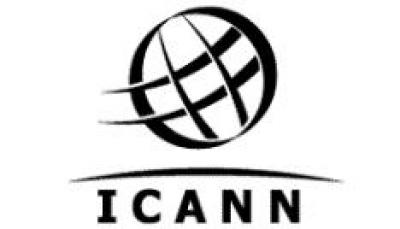Criticism Grows As Domain Debate Heats Up

ICANN claims move will encourage creativity but trademark holders are not convinced after .xxx debacle
Open-ended domain suffixes may not be as popular as ICANN hopes, according to UK trademark attorneys.
The ICANN (Internet Corporation for Assigned Names and Numbers) plans to increase the number of domain suffixes from the current 22, which may be seen as just another money making exercise like the much criticised introduction of the.xxx domain, which virtually forced companies into buying the domain to “protect their reputations”, thereby netting the sellers millions.
Anything goes
 “Resistance to ICANN’s proposals has already been voiced by the American Promotion Marketing Association (PMA),” says Richard Goddard, spokesman for the Institute of Trade Mark Attorneys. “Two of the Internet’s biggest pornography firms have gone one step further and are suing the net’s address regulator, ICANN, over its introduction of the .xxx suffix.”
“Resistance to ICANN’s proposals has already been voiced by the American Promotion Marketing Association (PMA),” says Richard Goddard, spokesman for the Institute of Trade Mark Attorneys. “Two of the Internet’s biggest pornography firms have gone one step further and are suing the net’s address regulator, ICANN, over its introduction of the .xxx suffix.”
There are currently 22 top level domains (TLDs), as well as about 250 country-level domain names such as .uk or .de. Under ICANN’s proposed new system, internet address names will end with almost any word and can be in any language, up to 63 characters in length. There will be several hundred new generic top-level domain names (gTLDs), which could include addresses such as .google or .coke.
According to ITMA, it will cost $185,000 (£114,000) to apply for the suffixes and companies would need to show they have a legitimate claim to the name they are buying.
“Compare the ICANN charges with the few hundred pounds it costs to register a trademark,” says ITMA’s Richard Goddard. “You can see why the PMA doesn’t think the new domain suffixes are a good idea. There have already been many disputes and accusations of ‘cybersquatting’ involving existing Internet domain names. Our advice to companies is to make sure that they have established clear rights to their own brand names by using the existing trade mark registration system. This will normally give them clear rights, at a fraction of the cost of the proposed new top level domains.”